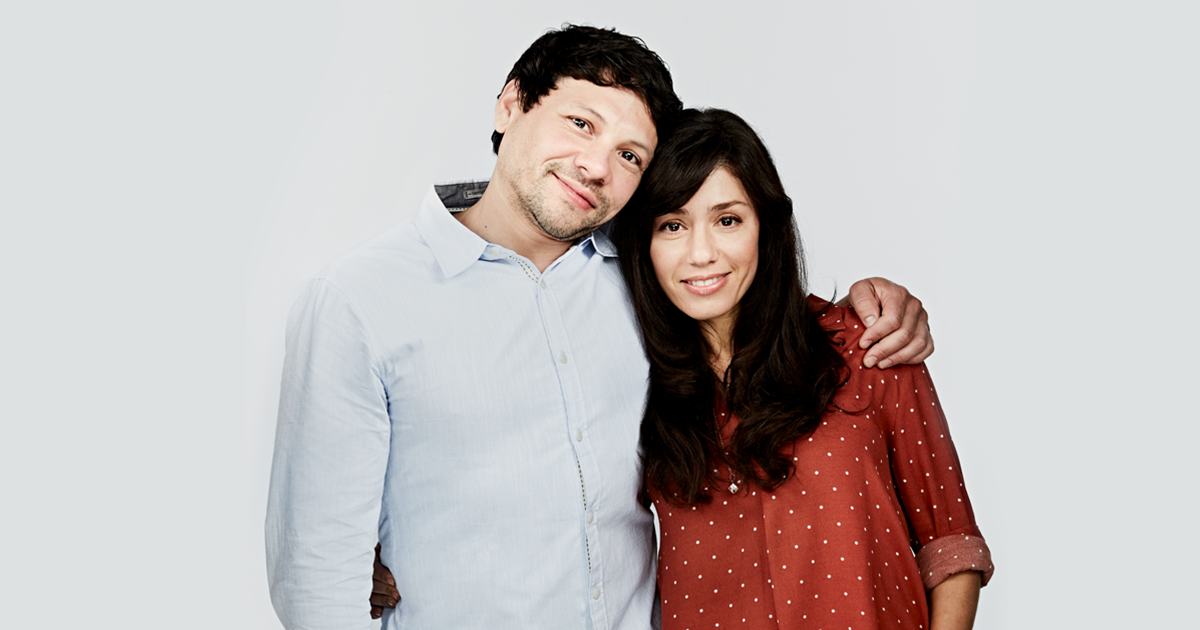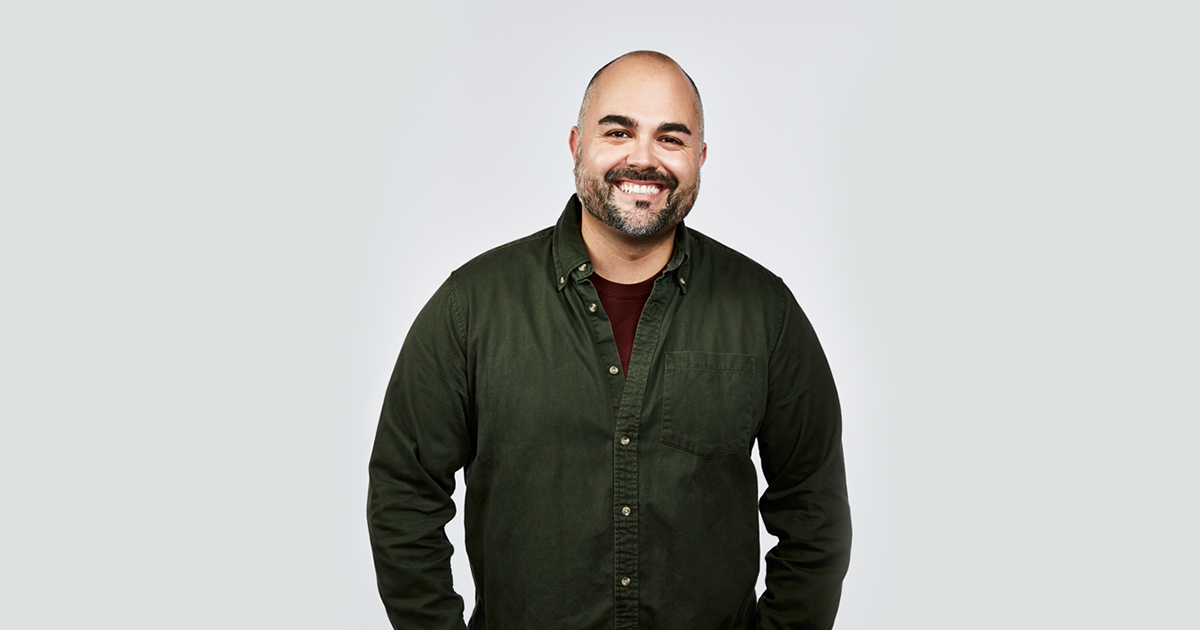How to Cope with Uncertainty
5 tips to relieve stress when everything feels so out of control

Sometimes it’s more effective not to attempt to create certainty. Our brains may want us to resist uncertainty, but we can never really know what the future will bring. Right now, we are all dealing with the uncertainty of the pandemic that has disrupted our lives. And many of us are also dealing with uncertainty about our finances and job security.
So how can we best cope with the stress of uncertainty when everything feels so out of control? Here are five strategies:
1. Practice acceptance
Resisting our current reality won’t help us recover, learn, grow or feel better. And resistance prolongs our pain and difficulty by amplifying the worry and stress we are feeling. Instead of resisting, we can practice acceptance.
Acceptance is about meeting life where it is and moving forward from there. Because acceptance allows us to see the reality of the situation in the present moment, it frees us up to move forward, rather than remaining paralyzed by uncertainty, fear or stress. To practice acceptance, we surrender our resistance to a problematic situation, and also our emotions about the situation.
This does not mean that you won’t feel frustrated anymore, or disappointed, or saddened by the state of things. A big part of acceptance is accepting how we feel about difficult circumstances in our lives. Acknowledging our feelings about it puts us in a better position to move forward.
Accepting a situation doesn’t mean that it will never get better. We only accept whatever is happening at the moment. We can work to find a new job, reduce expenses, save more or do whatever we need to better our situation, while at the same time allowing the reality that right now, our situation is complicated.
2. Invest in yourself
The best resource that you have right now is YOU. When that resource is depleted, your most valuable asset is damaged. When we underinvest in our bodies, minds, or spirits, we destroy our most essential tools for leading our best lives. We need to sustain the relationships that bring us connection and meaning. We must get enough sleep and rest when we are tired. We need to spend time having fun and playing, just for the joy of it.
One of the most important ways we can invest in ourselves is to comfort ourselves in healthy ways. Make a list of healthy ways to comfort yourself. Maybe you can go for a hike, schedule a call with a friend, take a little nap, watch a funny YouTube video or reflect on what you are grateful for. You can also do something that provides a sense of certainty and accomplishment such as baking bread or doing a puzzle. Those things may seem small, but they enable us to be the people we want to be.
3. Don’t believe everything you think
This can be one of the most essential stress-reduction tactics. In uncertain times, it’s very important not to believe thoughts that argue for the worst-case scenario. While it can be helpful to consider worst-case scenarios so that we can weigh risks and actively prevent disaster, believing these stressful thoughts can cause us to act emotionally as though worst case is already happening in real life. Those emotions make us feel threatened, afraid, and unsafe when we are alone with our thoughts. When we expect the worst, we often feel too afraid or close-minded to seize opportunities or respond to challenges with creativity and grit.
Instead of buying into every stressful thought, we can actively imagine the best possible scenario. We can find silver linings. This will counter our natural tendency to overestimate risks and negative consequences.
4. Pay attention
The opposite of uncertainty is not certainty - it’s presence. Instead of imagining a scary and unknown future, we can bring our attention to our breathing. From there, we can check in with ourselves. Take a moment to ask yourself: How are you doing right now? Notice what emotions you are feeling, and where in your body you feel those emotions. Bring curiosity and acceptance to your experience.
Even when it feels like everything is out of control, we can still control what we pay attention to. We can turn off our alerts to keep the news or social media from hijacking our awareness. We can drop our worries and negative fantasies by attending to what’s actually happening in our inner word, right now, here in the present.
Attending to what is happening within us at any given moment keeps a stressful external reality from determining our inner truth.It allows us to cultivate calm, open-mindedness and non-reactivity.
5. Find meaning in the chaos
We are best motivated by our significance to other people. We’ll work harder and longer and better – and feel happier about the work we are doing – when we know someone else is benefiting from our efforts. Research shows that we feel good when we stop thinking about ourselves so much and support others.
When we see something needs improvement, our next step is to recognize what we personally can do to be a part of the solution. What skills and talents (or even just interests) can we bring to the issue? What really matters to us and how can we be of service?
Hope comes from meaning and purpose. When the world feels scary or uncertain, knowing what meaning we have for others and feeling a sense of purpose can ground us better than anything else.
If you would like some tools to practice some of the suggestions above, the Greater Good Science Center offers the following guided practices:
Gratitude Journal
Best Possible Self
Finding Silver Linings
Credit Human is here for you in this time of uncertainty. Check in with us so we can help you determine what financial situations you can take control of right now.


